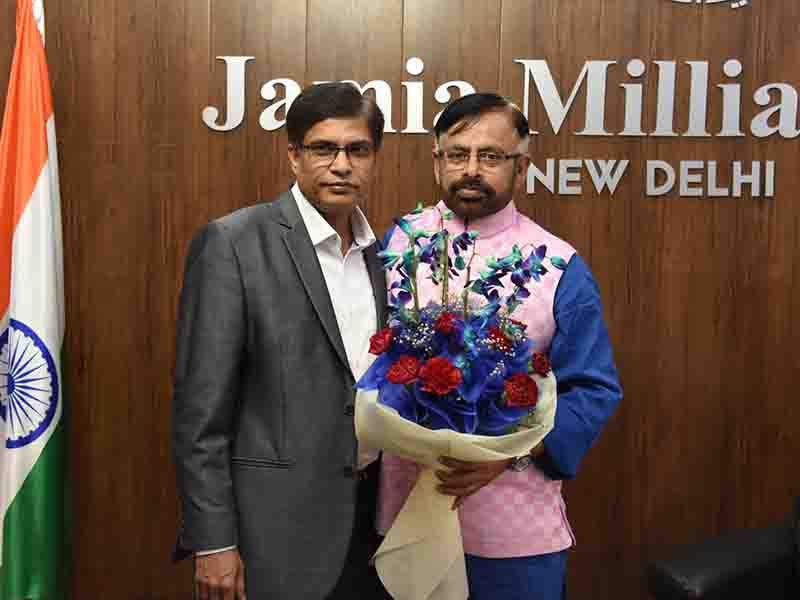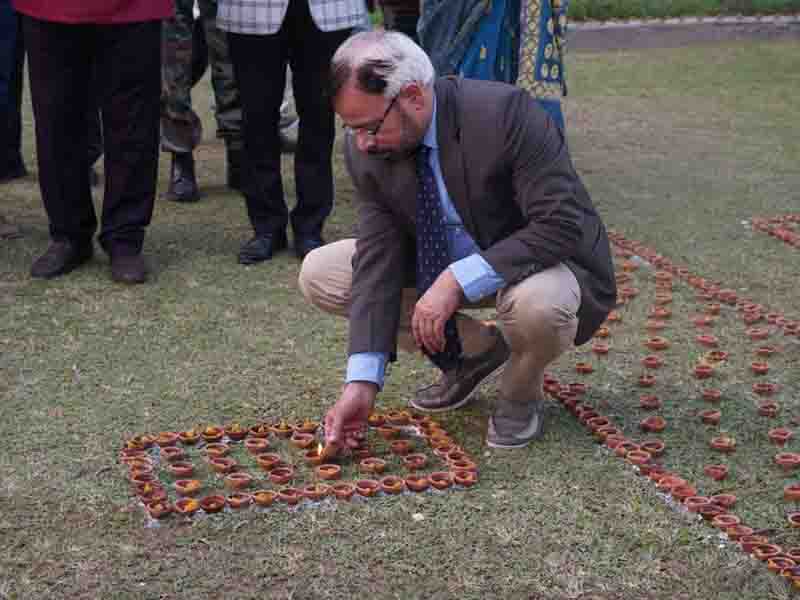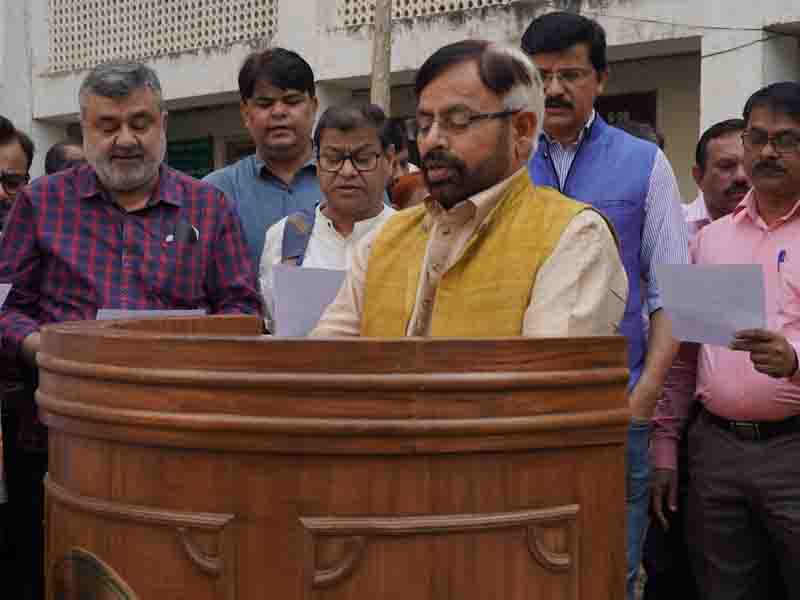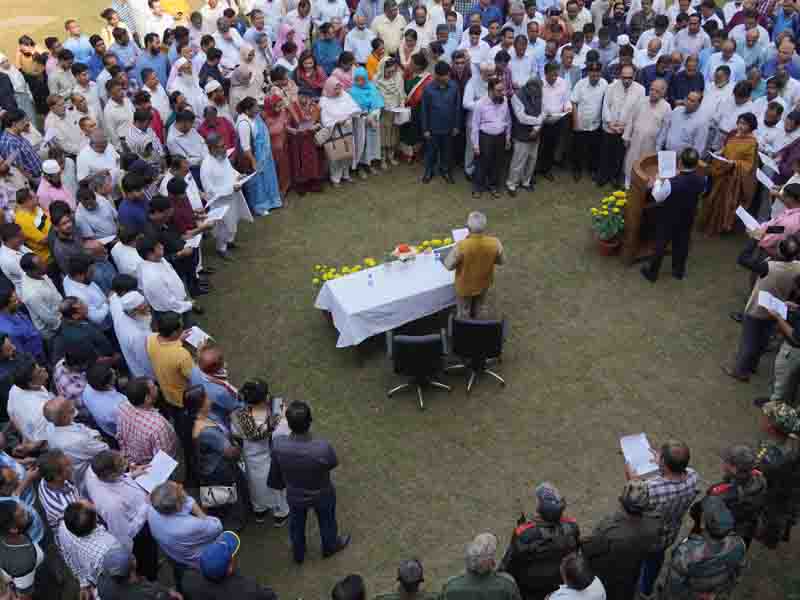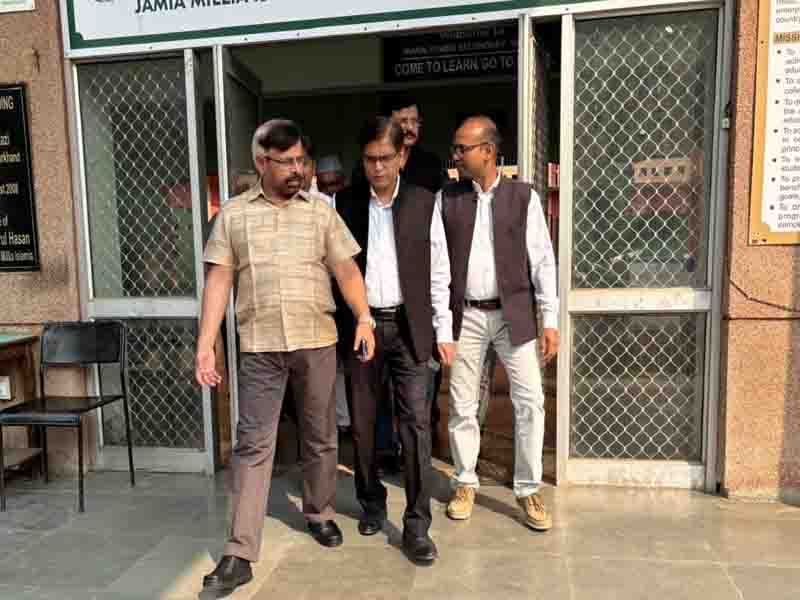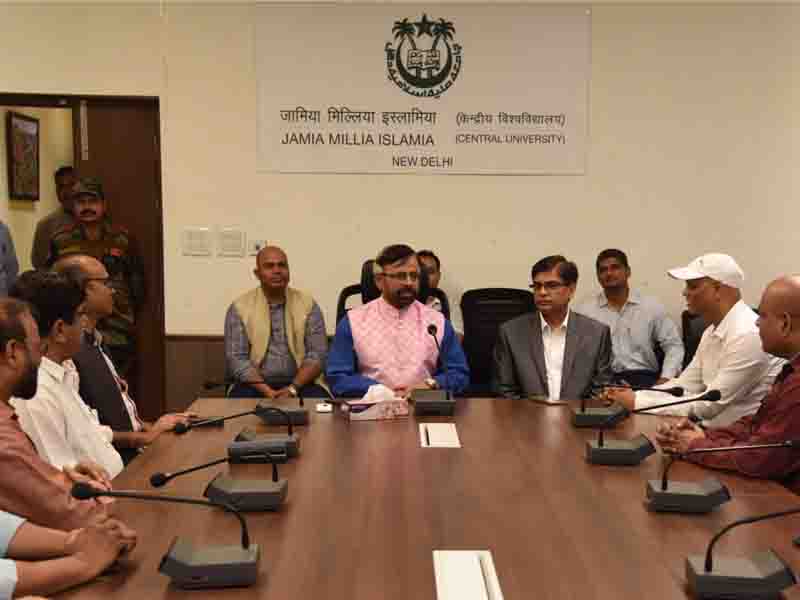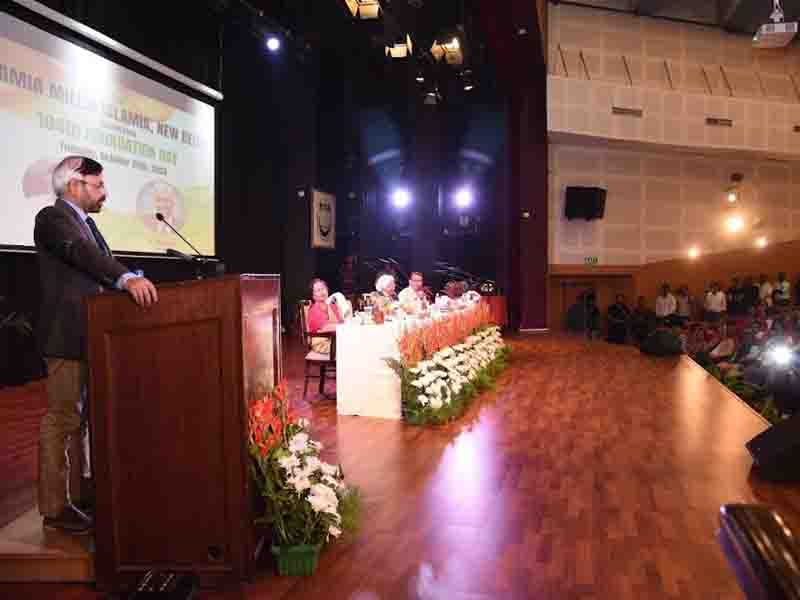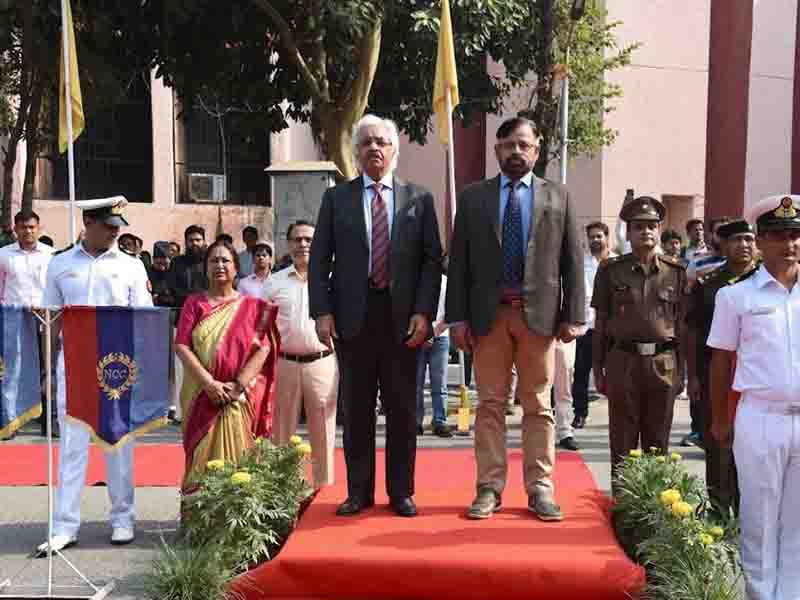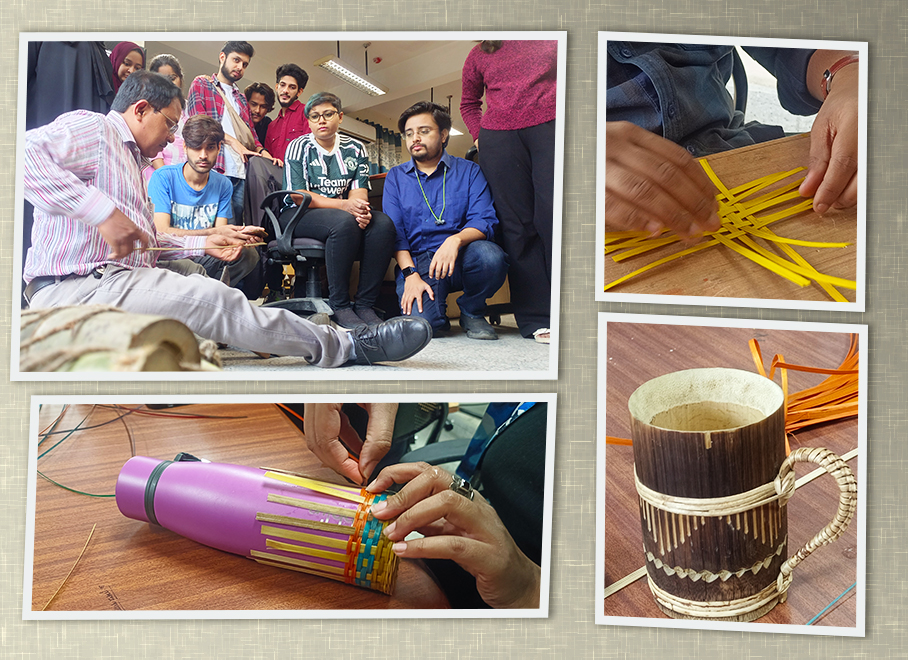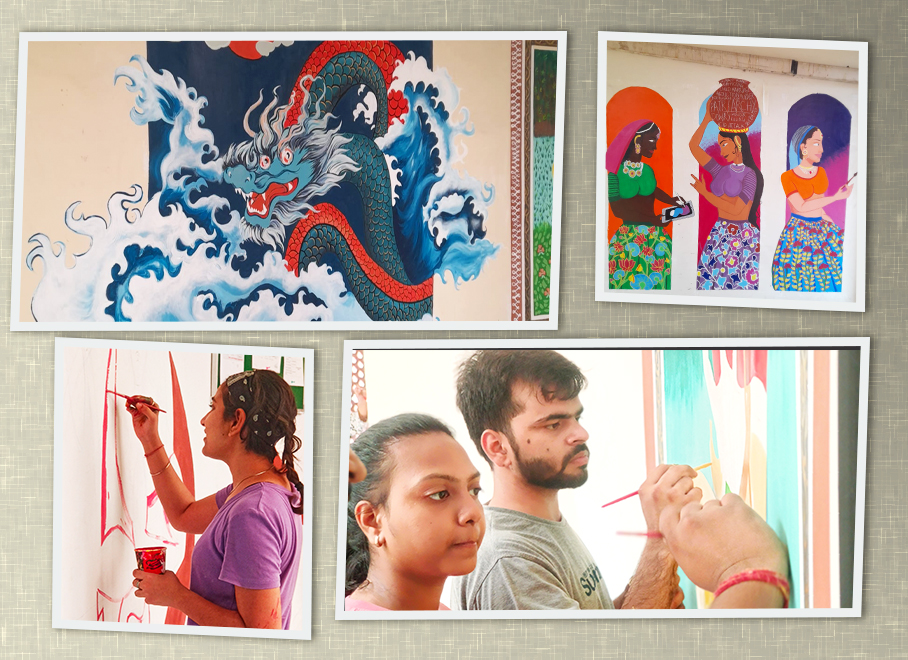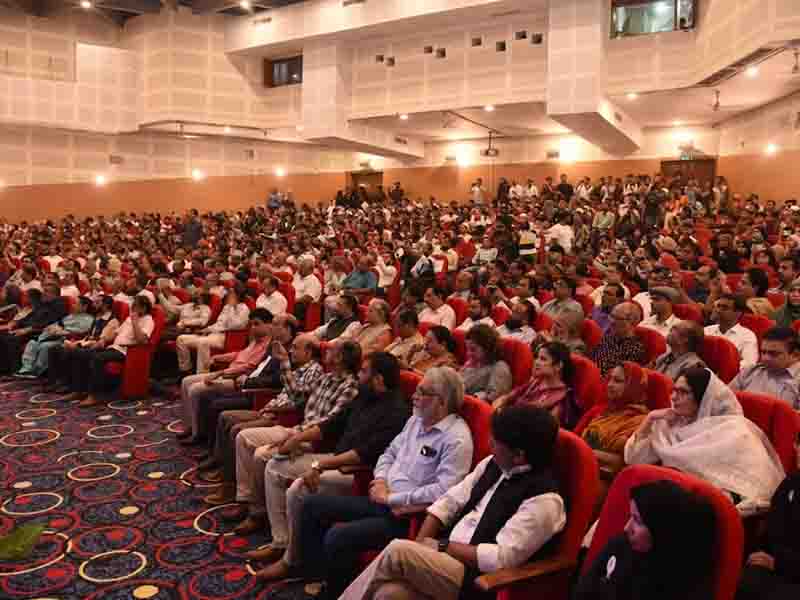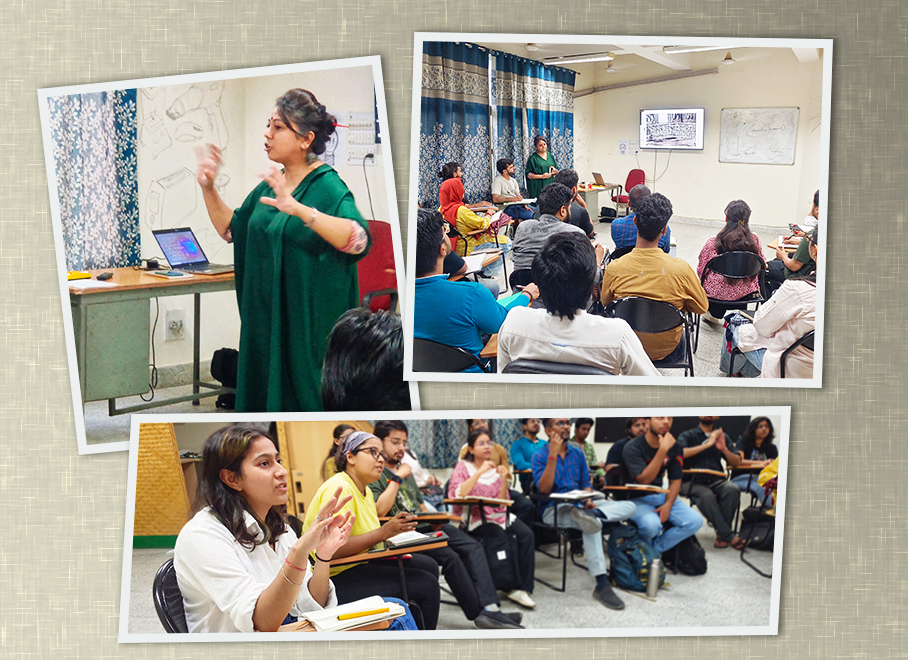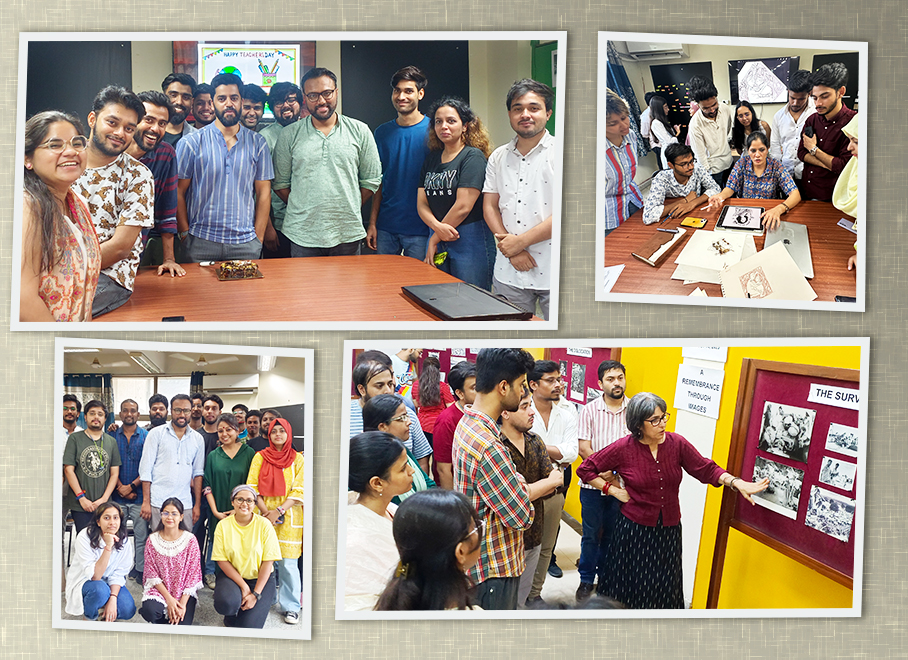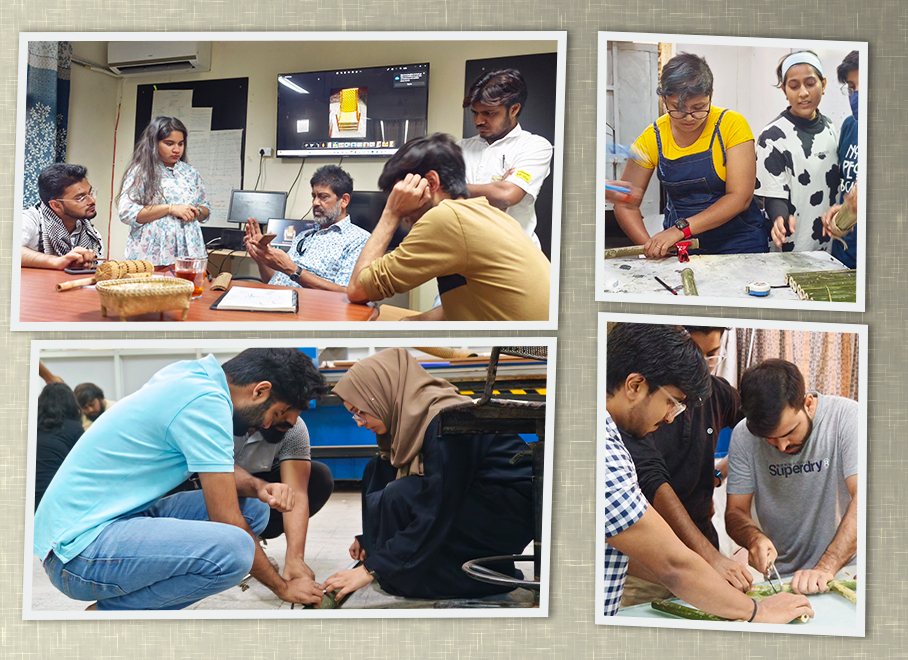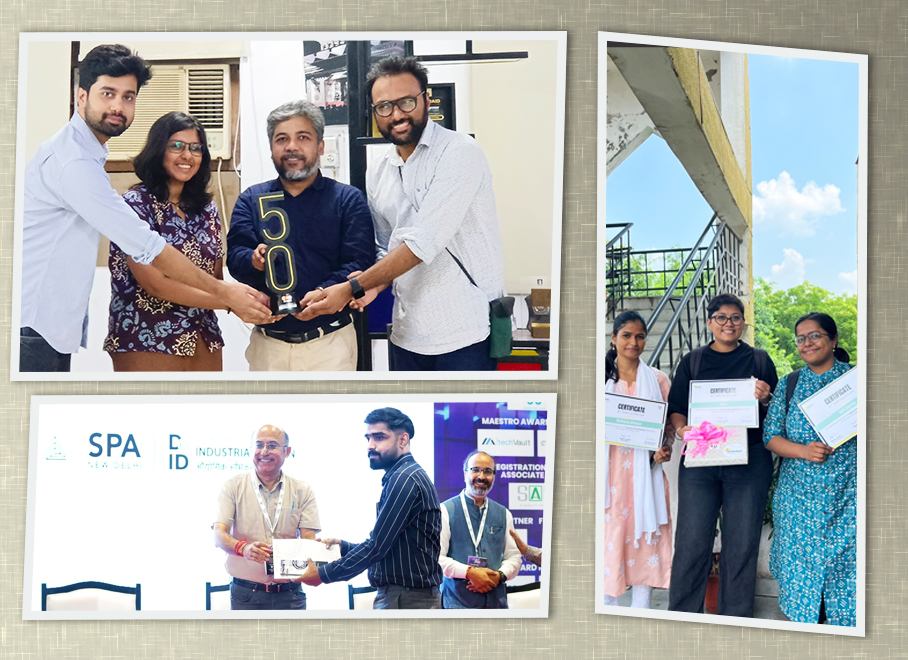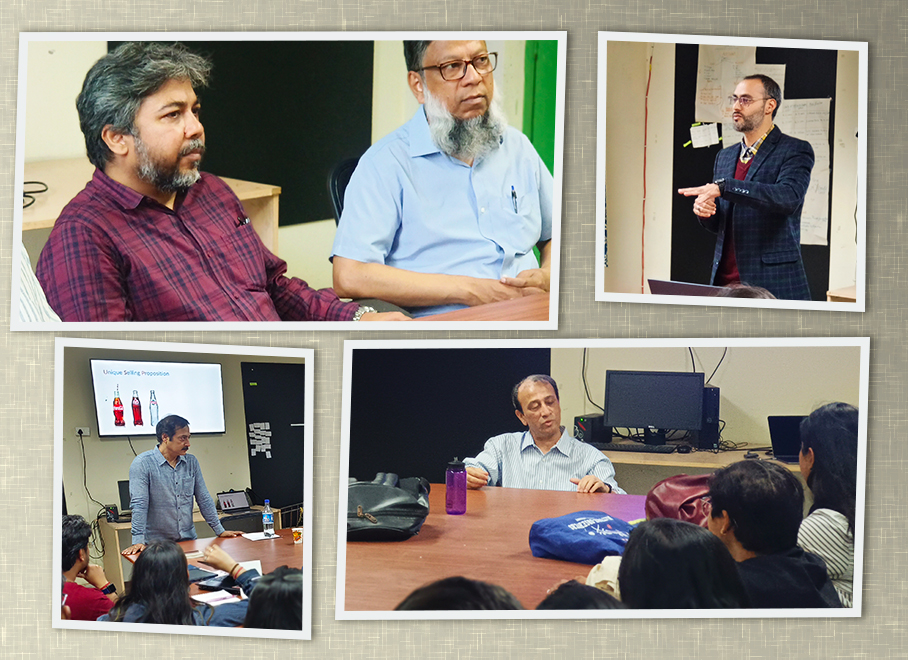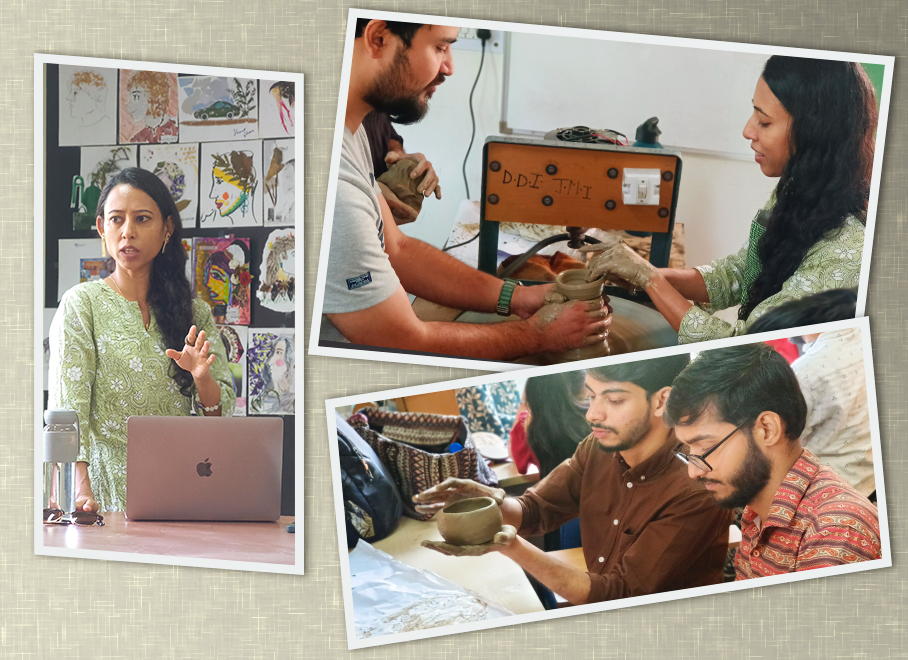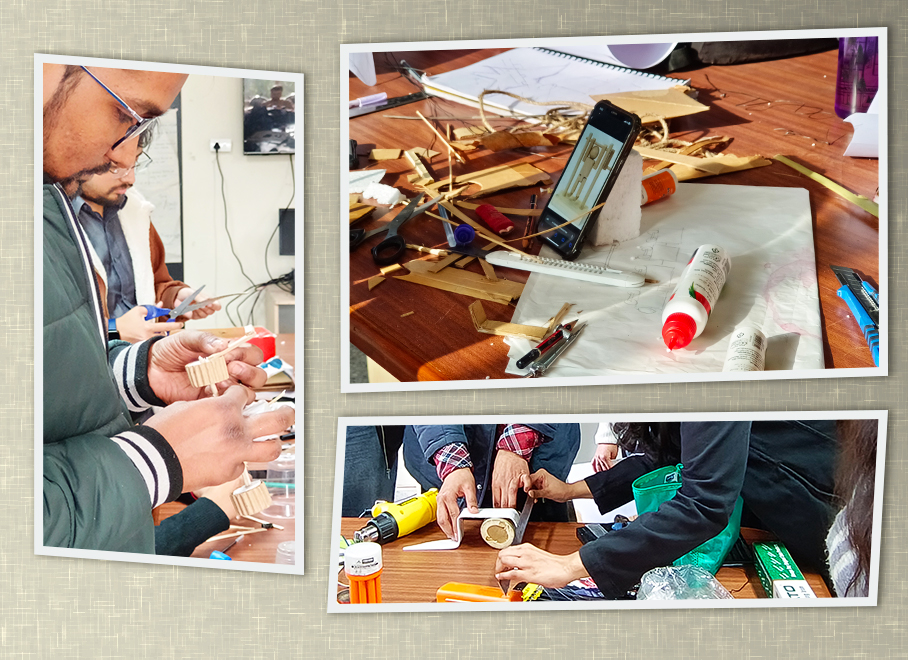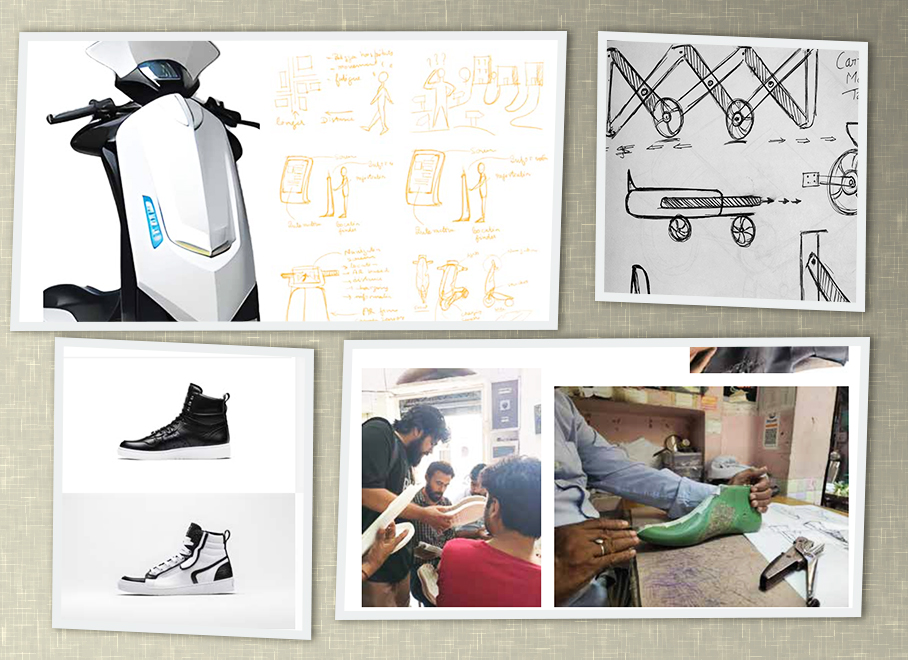Introduction
Vision Statement
To be a leading hub for sustainable and Human-Centered Design Education in India, driving positive social, economic, and environmental change through innovation and self-reliance.
Mission Statement
To empower future design professionals by providing high-quality education, fostering multidisciplinary research, and engaging communities in collaborative projects that promote sustainability, social justice, and innovation.
Objectives
- Promote sustainable and ethical design practices.
- Foster multidisciplinary learning and innovation.
- Bridge theoretical knowledge with practical skills.
- Empower communities through inclusive design solutions.
- Support indigenous craftsmanship and modern technology integration.
Established on November 30, 2021, the Department of Design and Innovation (DDI) at Jamia Millia Islamia (JMI) exemplifies a forward-thinking vision that aligns with India’s esteemed legacy of self-reliance and innovation, firmly rooted in Mahatma Gandhi's philosophy and the foundational principles of the Swadeshi Movement. Gandhi advocated for self-sufficiency and local production as critical mechanisms for liberating India from colonial dependence. Drawing inspiration from this legacy, the Department perceives design as a collaborative process, engaging students, industry stakeholders, and communities to create innovative solutions that address economic, environmental, and social challenges.
As India faces rapid urbanization and technological change, sustainable design solutions are crucial to address social inequities and environmental challenges. The Department of Design and Innovation emphasizes multidisciplinary approaches to tackle issues like climate change, resource scarcity, and social justice through education, research, and community engagement. Our focus is on sustainability, inclusivity, and promoting indigenous craftsmanship alongside modern innovation. Founded in 1920, Jamia Millia Islamia, supported by Gandhi, has a legacy of empowering education and cultural movements. The department continues this tradition, nurturing future leaders and entrepreneurs in design.
The Department offers a Master’s in Design (M.Des.) and PhD opportunities, focusing on specialized areas such as UX Design, Product Design, Industrial Design, Communication Design, and Service Design. This curriculum is meticulously crafted to equip students with essential technical skills for market employability while cultivating a deep understanding of sustainable design principles. Integral to the program are hands-on studio experiences and collaborative projects that immerse students in real-world challenges, allowing them to engage with complex issues across various sectors.
Guided by a dynamic faculty with extensive industry and research expertise, DDI emphasizes ethical, inclusive, and socially responsible design practices. By engaging with real-world challenges, we cultivate a mindset of sustainability in all aspects of the design process. Beyond the classroom, the department fosters dialogue and experimentation through exhibitions, conferences, and outreach programs, positioning itself as a vibrant hub for innovation and design thinking in India.
Through this rigorous academic framework, DDI aims to empower students to develop innovative design solutions that respond effectively to the dynamic needs of society. By bridging theoretical knowledge with practical application, we ensure that our graduates are not only proficient designers but also visionary leaders prepared to make meaningful contributions in diverse fields, including industry, academia, non-profit organizations, and entrepreneurship. Our commitment to fostering a vibrant and inclusive design community positions the Department of Design and Innovation as a key player in shaping the future of design in India, in line with Gandhi’s vision of self-reliance and innovation.

